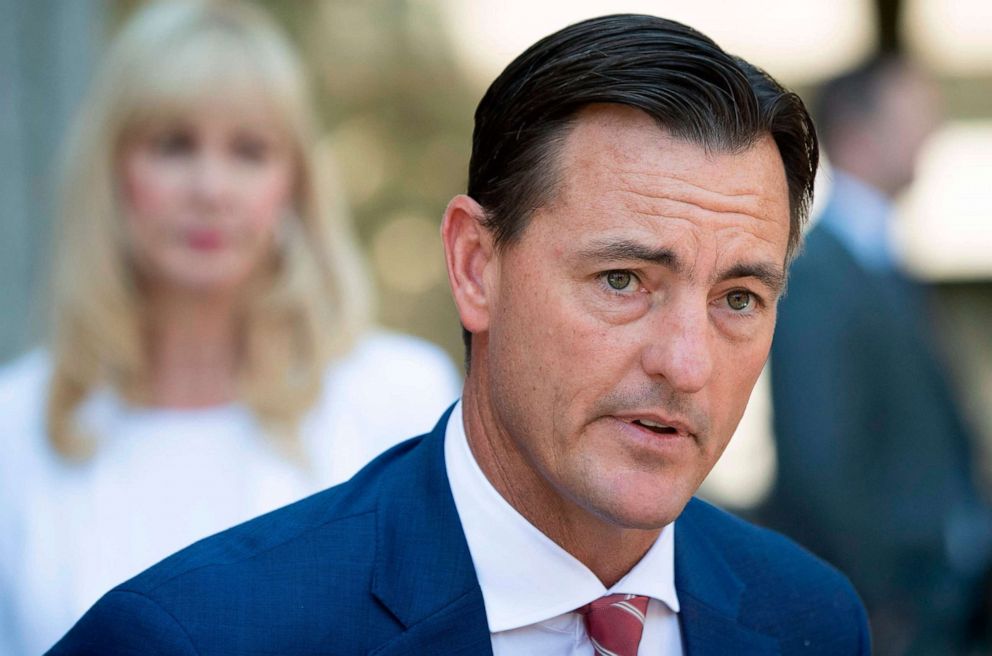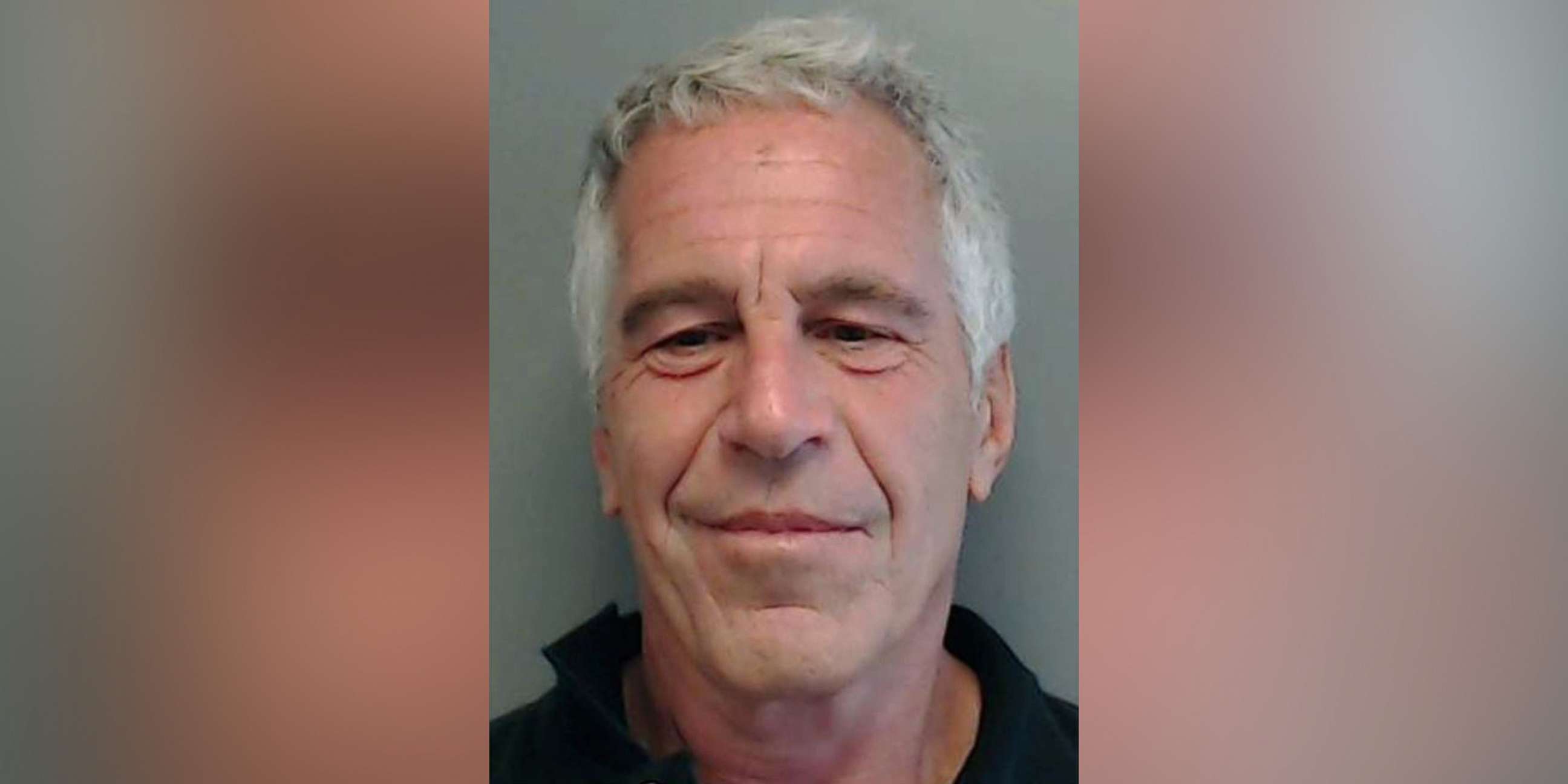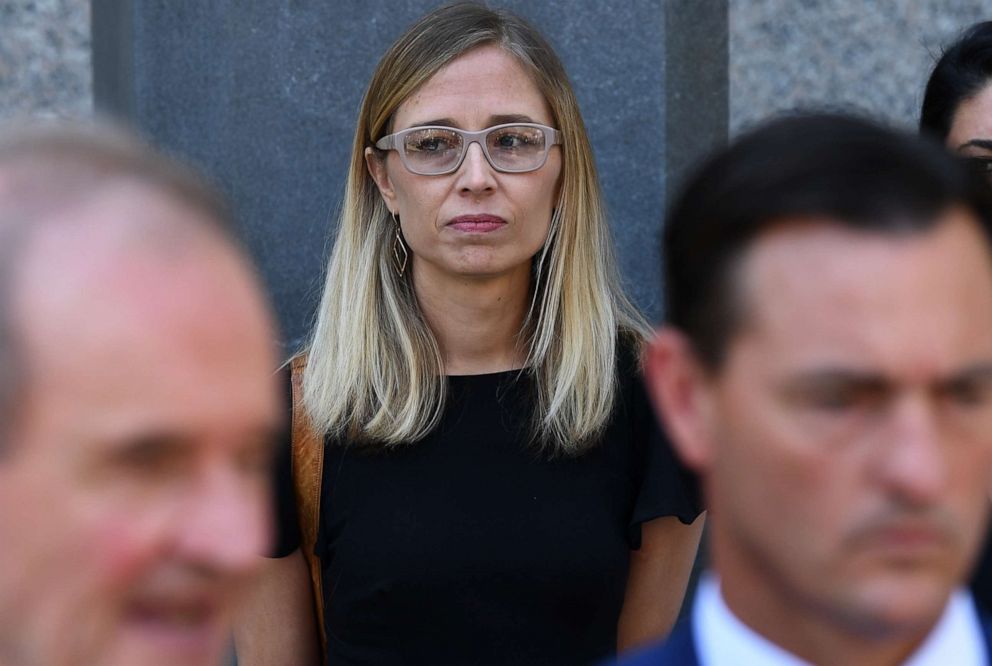Jeffrey Epstein victims' compensation fund to finally move forward
The plan was first proposed by Epstein's estate last November.
A voluntary restitution program for alleged victims of Jeffrey Epstein's sexual abuse will finally move forward, more than six months after the program was first proposed by the executors of the late financier's $634 million estate.
"Today is a very positive step in the right direction," said Brad Edwards, an attorney for more than 50 alleged Epstein victims who led the negotiations on behalf of the survivors. "We expect that the program will be the most effective of its kind."
The plan was first proposed by Epstein's estate last November, but it has been on hold since the government of the U.S. Virgin Islands filed a civil racketeering lawsuit against the estate, along with criminal activity liens that effectively froze Epstein's assets worldwide. The territory's attorney general, Denise George, raised concerns about the fairness of the initial proposals and demanded modifications before she would agree to unlock a portion of the estate's funds. With the final details hammered out, George agreed Friday to allow the plan to proceed.
"The Attorney General's Office, working closely with Epstein's victims and their counsel, have now reached an agreement upon the terms of the fund, which include a set of reforms that provide a process that will be more fair, credible, and victim-oriented," George's office said in a statement Friday.
The compensation fund is modeled after similar complex claims programs involving multiple victims. It will be administered by Jordana Feldman, an attorney who previously served as a special master of the September 11th Victims' Compensation Fund. Feldman designed the program with Kenneth Feinberg and Camille Biros, mediators known for their work on the BP Horizon oil spill and with victims of clergy abuse in the Catholic Church.
"We are pleased that the parties have reached a resolution that allows victims the opportunity to resolve their sexual abuse claims through this independent, voluntary, non-adversarial process," Feldman, Feinberg and Biros said in a statement Friday.

The program is designed to be an alternative to potentially costly litigation against the estate, which is already facing lawsuits from more than 30 alleged victims in federal and state courts in New York and Florida. While the program does not require the alleged victims to abandon their cases or put them on hold, a handful of plaintiffs have already agreed to at least a temporary pause.
According to court filings in St. Thomas, where Epstein's estate is being administered, approximately 70 alleged victims have expressed interest in participating in the claims process, including sisters Annie and Maria Farmer, who have lawsuits pending against the estate in federal court related to alleged abuse in the mid 1990s.
In an unusual provision, even victims who previously received settlements from Epstein will be eligible at participate, though any potential award would be reduced by the amount of the prior payment. Following his controversial 2008 plea deal with the federal government, Epstein reached confidential settlements with about two dozen women -- among them Virginia Giuffre and Sarah Ransome, who have also filed notices of interest in participating in the restitution program.
The co-executors of the estate, Darren Indyke and Richard Kahn, said in a statement that they were "extremely pleased" that the attorney general had dropped her opposition to the program. They hailed the agreement as the culmination of their efforts "to provide all eligible claimants an opportunity to receive compensation and voluntarily resolve their clams of sexual abuse through a confidential, non-adversarial process that is sensitive to the experiences and concerns of claimants and treats them with compassion, dignity and respect," according to the the statement, which was provided to ABC News by a lawyer for the estate.

Indyke and Kahn, an attorney and an accountant, each previously did work for Epstein and his myriad corporations. They were selected by Epstein as the co-executors in a last will and testament he prepared two days prior to his death in jail last August.
A source familiar with the negotiations for the fund told ABC News that the co-executors had agreed not to challenge the restitution recommendations made by the program's administrators and that there would be no limits on individual awards or on the aggregate amount of all the potential settlements. The source said that preparations to launch the fund are in place, but it's too soon to predict when the first offers might be made.

The plan is expected to be presented officially next week to a probate court judge in St. Thomas, who is overseeing the administration of Epstein's estate.
Edwards, who battled Epstein for a dozen years as an advocate for victims and is still fighting the U.S. Justice Department over its deal with Epstein, expressed hope that the restitution program might finally provide the victims "compensation that sufficiently acknowledges the extraordinary magnitude of the harm Jeffrey Epstein inflicted on his victims."
"Jeffrey Epstein's death deprived his victims of the opportunity to see him held accountable for the crimes he committed against them. The only justice available to his victims now is his $600 million Estate," Edwards said in a statement to ABC News. "After 12 years of protecting the rights of Jeffrey Epstein's victims, I remain forever committed to helping our clients obtain closure so that they can continue to heal as survivors."






